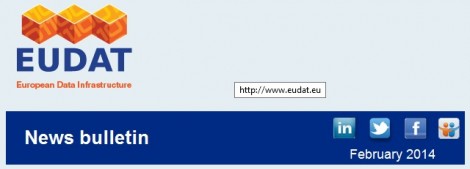
Open is definitely better… Open access, open data… we hear about it every day. EUDAT welcomes the recent policy statements from the European Commission on open access to scientific publications and research data and the importance of data management planning in the forthcoming Horizon 2020 research programme, and endorses the research data guiding principles from the recent G8+O6 working group on data. As a cross-community, data-driven project EUDAT is strongly positioned to support the Horizon 2020 open access data pilot aiming at a reliable and high-performance infrastructures for data management – because EUDAT shares the same goals. Read EUDAT’s current position on open access, open data and data management planning.
Policy, licensing and open access in a trans-national, cross-discipline data infrastructure: work-in-progress in EUDAT will be tackled at the Workshop on Data Preservation and Reuse organised by APARSEN, DPHEP, EUDAT and SCIDIP-ES on 25th March 2014 in Dublin. For more details and free registration see SCIDIP-ES Workshop on Data Preservation and Reuse
EUDAT is teaming up with RDA Europe (Research Data Alliance), OpenAIRE and TTA (Finnish national research data initiative) at the EGI Community Forum 2014 to organise a workshop on Research data and services workshop. Technically-driven by representatives from the 4 initiatives the workshop will offer an overview of the data service solutions available and opportunities to collaborate through the RDA Interest / Working Groups. See http://www.eudat.eu/events/egi-community-forum-2014 for details.
Learn, learn, learn… about the fundamentals of data infrastructures and how EUDAT services can help you store, share, preserve and access research data. Co-located with the Research Data Alliance Third Plenary Meeting in Dublin, the first in a series of EUDAT training events on this topic takes place on 25th March 2014 and is open to all. The course will focus on two main aspects Data Discovery giving introductions to topics such as data re-use, identifiers, metadata, ontologies, “big data”, and Data Sharing including, notions on data access rights and mechanisms, open, sensitive and confidential data, and copyrights and licensing issues. For more details see http://www.eudat.eu/training/eudat-training-fundamentals-data-infrastructures
If you can make it to Dublin, then join us in Athens on 2nd April – co-located with ICRI2014 at the Training on data services organised by EUDAT & GRNET with support of CHAIN-REDS. For complete details and registration visit http://www.eudat.eu/training/training-data-services-eudat-support-chain-reds. Both courses are free of charge but subject to prior registration.
Communities and users are central to EUDAT. The call for Collaboration projects inviting communities and initiatives to propose collaboration activities with EUDAT was a resounding success and led to the submission of over 30 applications from a vast range of scientific communities. The selected projects will be focal to our 3rd User Forum taking place at Charles University in Prague 23rd-24th April 2014. Registration and more details coming soon.
Next month…watch out for views from the Community on EUDAT Services…




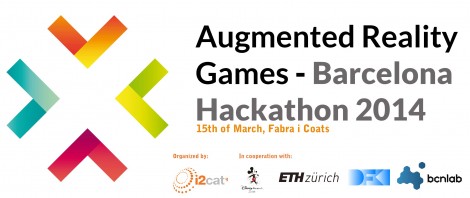
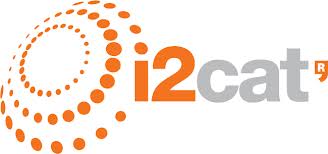
 RICHES on Twitter! #richesEU
RICHES on Twitter! #richesEU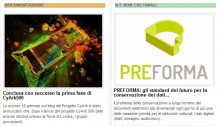

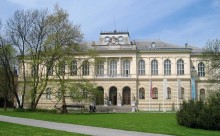
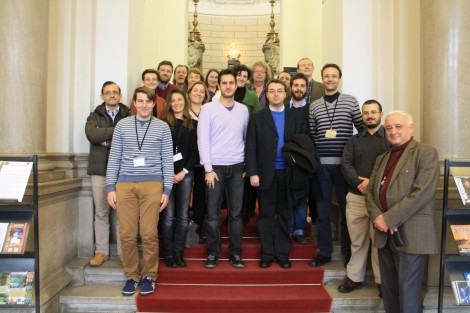





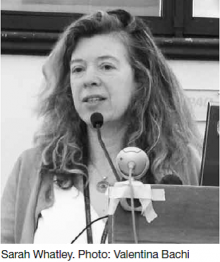
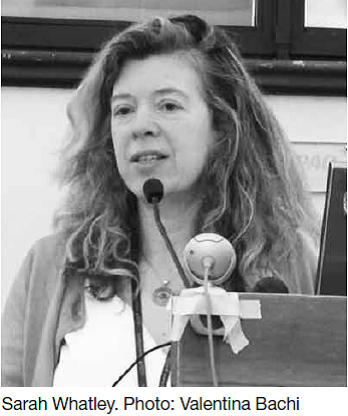 Perhaps the greatest barrier for dancers with disabilities accessing dance at a Higher Educational (HE) level is the perception that a career in dance is ‘off limits’ to them. A student may feel that the course will not prepare them with the skills, knowledge and independence to take them into work beyond graduation. But every aspiring dance student is different. Each has their own sense of ability and identity, and sometimes multiple identities (which may include them as a member of the disabled community). But it is probably the case that whilst the student with a disability has had to come to terms with a sense of being more different her entire life, and the realities of the barriers that get in the way of her being able to ignore her difference, the prejudices that still lurk in the dance studio and are re-inscribed in the ‘perfected’ dancing bodies in the name of ‘excellence’ and ‘quality’ persist through an aesthetic of similarity and flawlessness. And that does no favour to any dancer, disabled or non-disabled, and neither does it move the artform forwards.
Perhaps the greatest barrier for dancers with disabilities accessing dance at a Higher Educational (HE) level is the perception that a career in dance is ‘off limits’ to them. A student may feel that the course will not prepare them with the skills, knowledge and independence to take them into work beyond graduation. But every aspiring dance student is different. Each has their own sense of ability and identity, and sometimes multiple identities (which may include them as a member of the disabled community). But it is probably the case that whilst the student with a disability has had to come to terms with a sense of being more different her entire life, and the realities of the barriers that get in the way of her being able to ignore her difference, the prejudices that still lurk in the dance studio and are re-inscribed in the ‘perfected’ dancing bodies in the name of ‘excellence’ and ‘quality’ persist through an aesthetic of similarity and flawlessness. And that does no favour to any dancer, disabled or non-disabled, and neither does it move the artform forwards.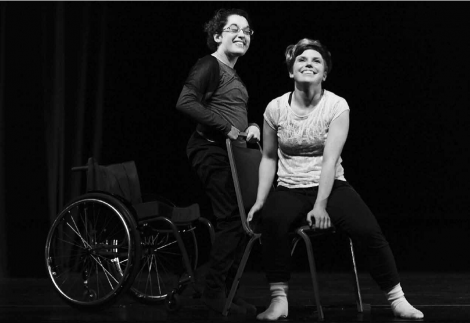


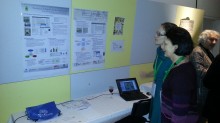
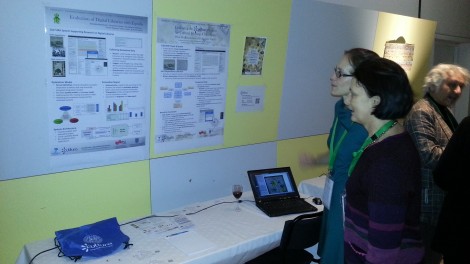
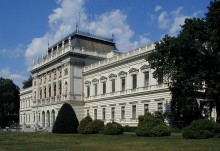
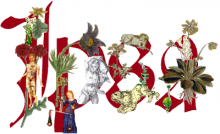 On 21st January 2014, in cooperation with the
On 21st January 2014, in cooperation with the 
































